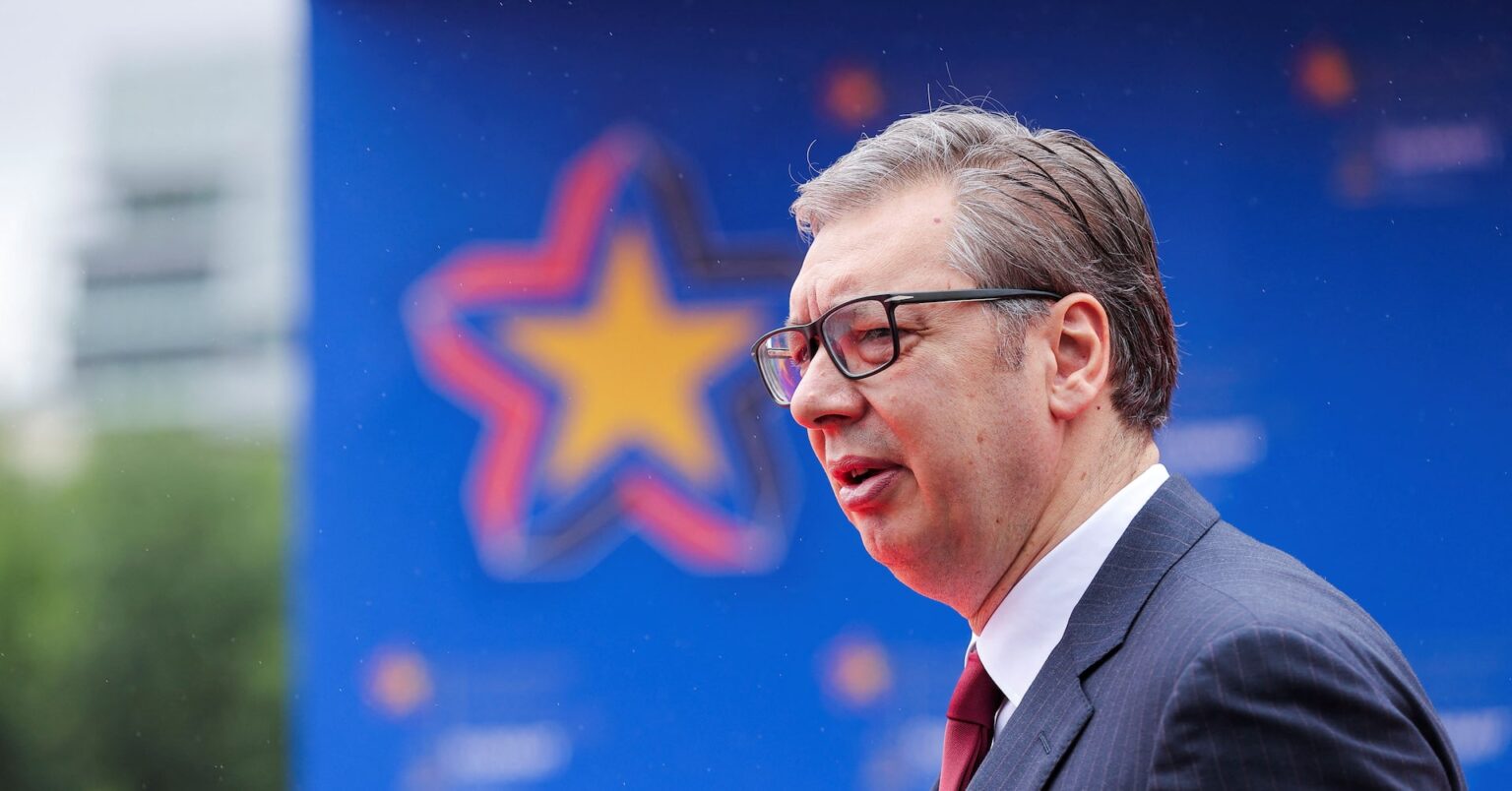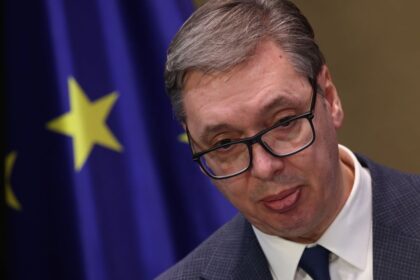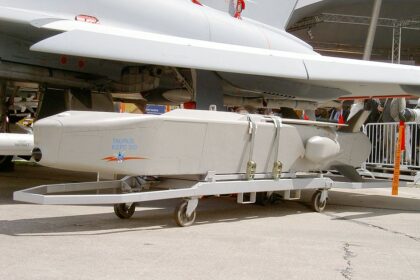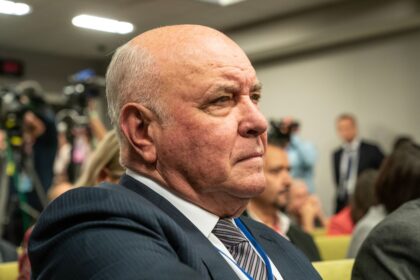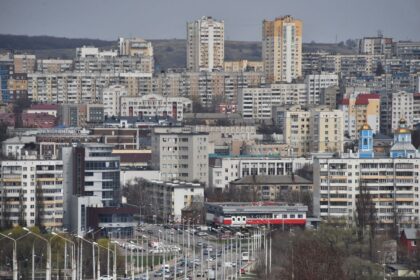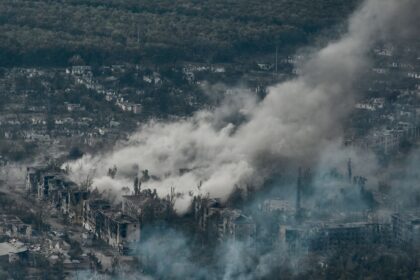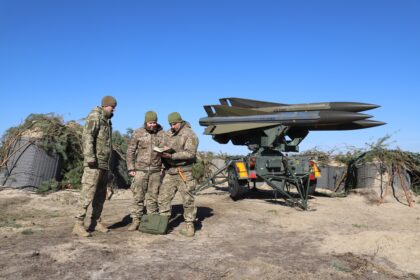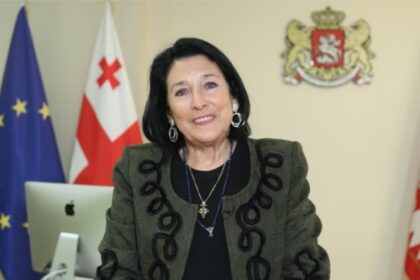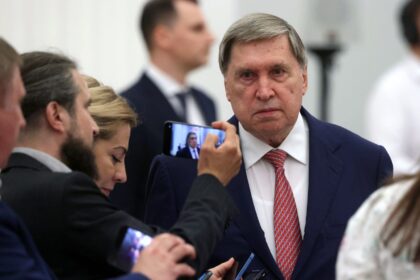**Serbian President Visits Ukraine for Regional Summit**
In a significant move, Serbian President Aleksandar Vucic has traveled to the Ukrainian city of Odesa to attend the Ukraine-Southeastern Europe Summit. This is his first visit to Ukraine during his 12-year tenure as president.
Vucic’s visit comes at a time when tensions are running high between Russia and Ukraine. Just this week, the Black Sea port of Odesa faced a major Russian drone and missile attack. Despite these tensions, Serbia has maintained good relations with both Ukraine and Russia. While Belgrade has refused to join Western sanctions on Russia over its invasion of Ukraine, it has condemned Moscow’s policies in the United Nations and expressed support for Ukraine’s territorial integrity.
**A Complex Relationship**
Serbia’s relationship with Ukraine is complex, to say the least. Belgrade recognizes Ukraine in its entirety, including territories seized by Russia since 2014. However, Kyiv refuses to recognize the 2008 independence of Kosovo, Serbia’s predominantly Albanian former southern province. This has led to tensions between the two countries.
Vucic’s visit is also significant because it marks a departure from his usual diplomatic itinerary. As a Moscow-friendly leader, he has traditionally maintained strong ties with Russia. However, by visiting Ukraine, Vucic appears to be seeking to maintain good relations with both countries and avoid taking sides in the conflict between Russia and Ukraine.
**A Step Towards European Integration?**
Serbia’s desire to join the European Union is well-known, but its relationship with Russia has often complicated this goal. By maintaining good ties with Ukraine, Serbia may be attempting to demonstrate its commitment to European values and integration.
However, it remains to be seen how Vucic’s visit will impact Serbia’s relationships with both Ukraine and Russia. As the country continues to navigate a complex web of international relations, one thing is clear: Vucic’s visit is a significant development that requires close attention from diplomats and analysts alike.
Read More @ www.reuters.com




